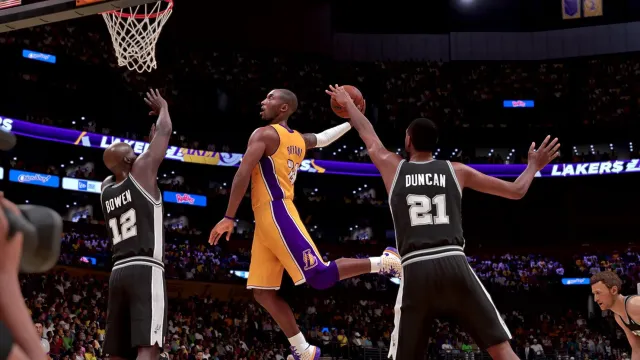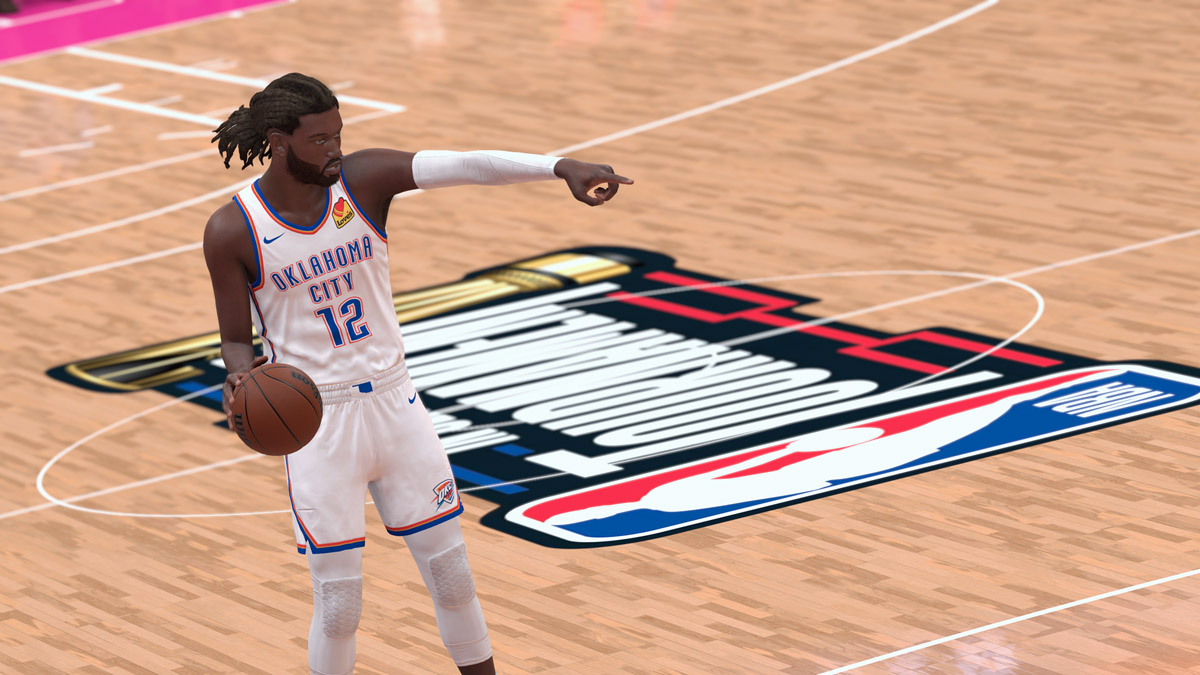For the second time in 12 months, NBA 2K publisher Take-Two Entertainment will fight a class-action lawsuit over its supposed predatory microtransaction model, with a focus on the company’s decision not to carry over purchased currency to a game’s sequel.
The latest NBA 2K complaint was filed by a minor and their parent in California, U.S., on Tuesday, Nov. 17. First reported by Axios Gaming, the lawsuit alleges 2K Games and Take-Two of conversion and civil theft after the plaintiffs discovered purchased virtual currency, or VC, did not carry over between each version of 2K. This is further compounded by the companies’ decision to deactivate prequel servers hastily following the release of a new game, meaning players with unspent VC are hung out to dry.

“2K Games’ conduct described herein is unfair, illegal, and greedy,” the class action reads, citing one example of the practice: NBA 2K21’s servers were switched off just over two years after the game’s release, while competitor Electronic Arts often keeps its Madden NFL titles running for over half a decade. In regards to the transfer of VC purchased in a previous title, the plaintiff points to the likes of Activision’s Call of Duty which commonly allows players to access their CoD Points in a newly-released title.
“2K Games offers no reason or explanation for why it does not refund or allow transfer of these funds from its customers’ accounts,” the plaintiffs allege, going so far as to call the inability to access purchased VC “theft.” The main argument hinges around, as mentioned, the fact NBA 2K players spent cash for currency they no longer have access to.
This is the second class action lawsuit filed against the publisher in a year after an October 2022 citation was issued by another minor and their guardian in Illinois, according to a report by Bloomberg. Chasing a combined $5 million in damages, the case was settled out of court.
We’re expecting a similar resolution for the Californian case, but it’s the latest in a long line of complaints from gamers worldwide regarding microtransactions with some countries, like Belgium, going so far as to ban particular add-ons like loot boxes that prey on gambling habits, particularly when targeted at children.
Similar legislation in the U.S. was drawn up in May 2019 and at the time included bipartisan support but then failed to pass through Congress. It was instead referred to the Committee on Commerce, Science, and Transportation at the time.
Regardless, it’s clear fans of 2K’s sports titles, including flagship franchise NBA 2K, are growing increasingly fed up with spending cash on in-game items and currency only to lose them when the game prematurely shuts down. It remains to be seen whether this week’s class action will be the straw that breaks the camel’s back.

